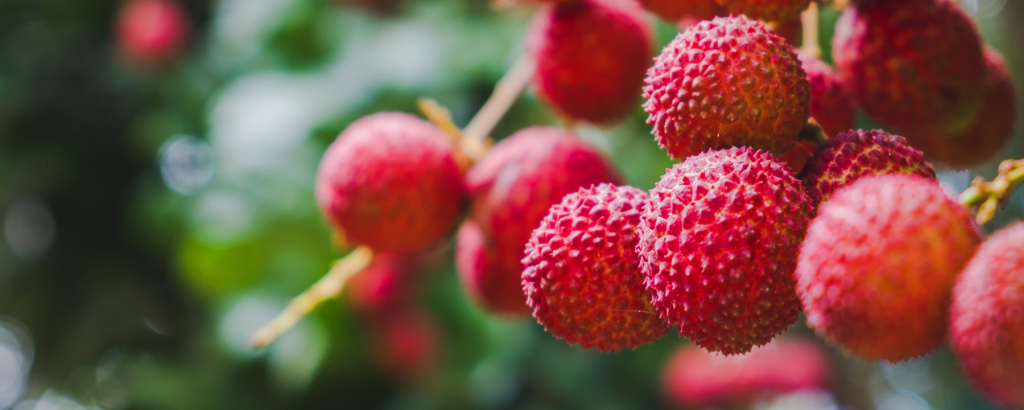This summer, at least 47 children have died in an outbreak of a mysterious disease that only affects a lychee-producing area in northern India, CNN reported in June. The children had hypoglycemia, or low blood sugar, and symptoms of acute encephalopathy syndrome, which leads to inflammation of the brain and results in fever and disorientation or delirium. Sometimes children may suffer seizures or slip into a coma.
Scientists propose that the illness is linked to a toxin found in lychees in combination with malnutrition. Other experts suspect the illness is caused by a pathogen that has yet to be discovered, calling the illness acute encephalitis syndrome instead. “Why we’re having so many cases of hypoglycemia needs investigation,” Sunil Kumar Shahi, the superintendent of Sri Krishna Hospital, told The New York Times earlier this summer. “But the lychee has no relation to it.” Researchers have been looking for a pathogen for decades without success and locals call it “lychee disease,” according to the Times.
Lychee fruits naturally contain the compound methylene cyclopropyl glycine (MCPG), which is found at higher levels in unripe fruit. A 2014 study in Muzaffarpur district, where the outbreaks occur, found that the children in the affected villages would spend time in lychee orchards, eating the fruits throughout the day. Sick children did not have elevated white blood cell counts, suggesting that they were not fighting off infection, according to the study. The authors also found that in the presence of MCPG, “fatty acid metabolism and glucose synthesis is severely impaired,” which can lead to acute encephalopathy syndrome (AES).
Muzaffarpur and its surrounding area grow up to 70 percent of India’s lychees. It remains an unknown why other lychee-producing regions of India are not affected, and why some children who are too young to eat the fruit also die from AES. Some families who spoke with the Timesdo not think lychees are the cause of the illness. In one case, a five-year-old girl went to bed on an empty stomach and had not eaten lychee that day but woke up convulsing and later died, according to the Times.
Other investigators have raised the possibility that it’s not the lychees themselves that are to blame, but pesticides used on the farms. Chemical & Engineering News describes a study from 2017 that found 85 percent of 14 affected kids had been on a lychee farm within three days of their symptoms. “We investigated different things. The signs and symptoms to us did suggest a type of poisoning. So we investigated this angle very directly,” coauthor Emily Gurley, an epidemiologist at Johns Hopkins Bloomberg School of Public Health, tells C&EN. “Pesticides was the simplest explanation based on our investigation.”
“I think we’ll find that it is multifactorial, but so far it is a mystery,” says physician J.P. Mandal to the Times. “A mystery we have to solve.”
State officials in India recommend families ensure children stay hydrated and don’t go to sleep on an empty stomach, reports CNN. Feeding a sick child sugar and salt helps them to recover and in more serious cases the children can receive sugar and electrolytes intravenously at a nearby hospital.







